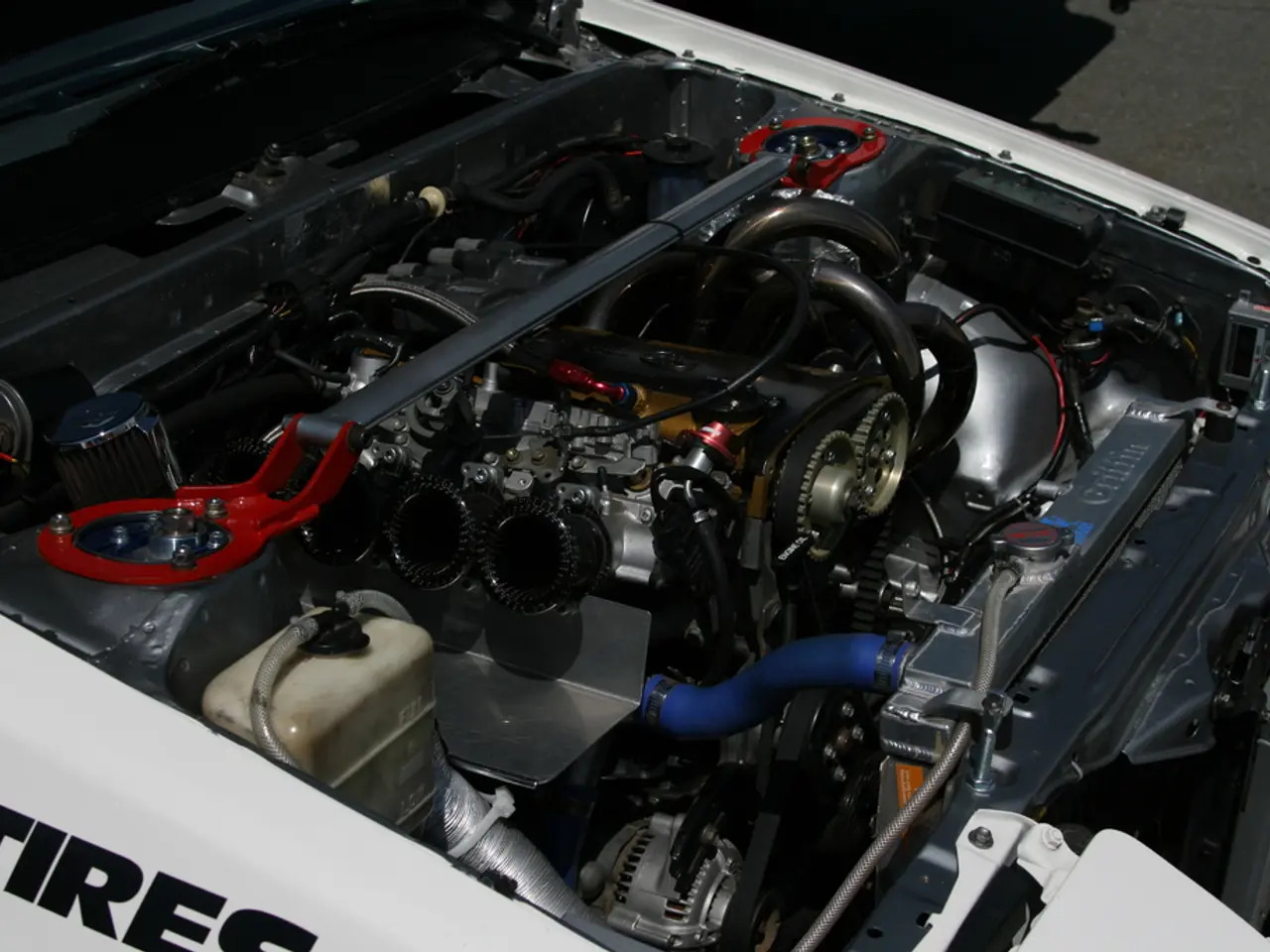Automobile conglomerate, VW & Co., plunges into a billion-dollar fallout. Their stance now veers away from the conventional combustion engine.
================================================================
The German automobile industry, a cornerstone of the nation's economy, is currently grappling with one of its biggest crises in history. This crisis, unlike previous ones such as the financial crisis in 2008 and the COVID-19 pandemic, is structural and long-term in nature, affecting major manufacturers like Volkswagen, Mercedes, Audi, Porsche, and BMW.
The primary reasons for this crisis lie in several interconnected strategic challenges. One of the key issues is the heavy dependence on the Chinese market, which once accounted for 7–8% of total German exports. China, however, has evolved from being a major customer to a formidable technological competitor, with companies like BYD and Huawei challenging German incumbents directly in their traditional strengths.
Another significant challenge is Germany's strategic blindness to energy dependence and rising costs. The country's long-standing reliance on cheap Russian gas has become a major vulnerability, with geopolitical shifts revealing that Germany's energy strategy was driven more by ideology than pragmatic risk assessment. This has led to elevated energy costs and supply insecurity, hurting energy-intensive industries like automobile manufacturing.
The industry is also facing trade and geopolitical uncertainties, with rising tariff uncertainties affecting key export markets such as the U.S. These uncertainties and potential for escalating tariffs on cars and components create direct headwinds that complicate long-term planning.
Moreover, the German automotive industry is struggling to adapt quickly to new technologies, such as electric vehicles and digital mobility solutions, where other global players, including Chinese firms, are gaining competitive advantage. The industry's lack of structural flexibility and innovation challenges compound the difficulties.
Lastly, demographic and social challenges affecting the workforce are also contributing to the crisis. Structural social issues such as demographic decline and insufficient migration strategy make it difficult for the industry to maintain a skilled workforce and adapt to innovation demands. The social system's rigidity affects the flexibility needed to navigate industrial transformation.
The German government is not intervening in the crisis with bailouts or other forms of direct financial support. Instead, the industry is seeking solutions through self-regulation and innovation to overcome the crisis. The crisis is expected to have far-reaching effects on the German economy as a whole.
References:
[1] Neumann, J., & Schoenefeld, T. (2021). Germany's auto industry faces a crisis of its own making. The Washington Post. Retrieved from https://www.washingtonpost.com/business/2021/09/13/germany-auto-industry-crisis/
[2] Heim, H. (2021). Germany's auto industry is in crisis. But this time, it's not cyclical. Bloomberg. Retrieved from https://www.bloomberg.com/opinion/articles/2021-09-13/germany-s-auto-industry-is-in-crisis-but-this-time-its-not-cyclical
[4] The Economist. (2021). Germany's auto industry is in a deep slump. Retrieved from https://www.economist.com/europe/2021/09/18/germany-s-auto-industry-is-in-a-deep-slump
- The German automotive industry, as a significant component of the nation's economy, is striving to resolve its ongoing crisis, which is primarily due to strategic challenges, rising investments in new technologies like electric vehicles and digital mobility solutions, and a lack of structural flexibility.
- The German government is refraining from providing direct financial support to the automobile industry as it navigates this crisis, instead encouraging self-regulation and innovation as means to overcome these obstacles, potentially leading to significant impacts on the German economy at large.




